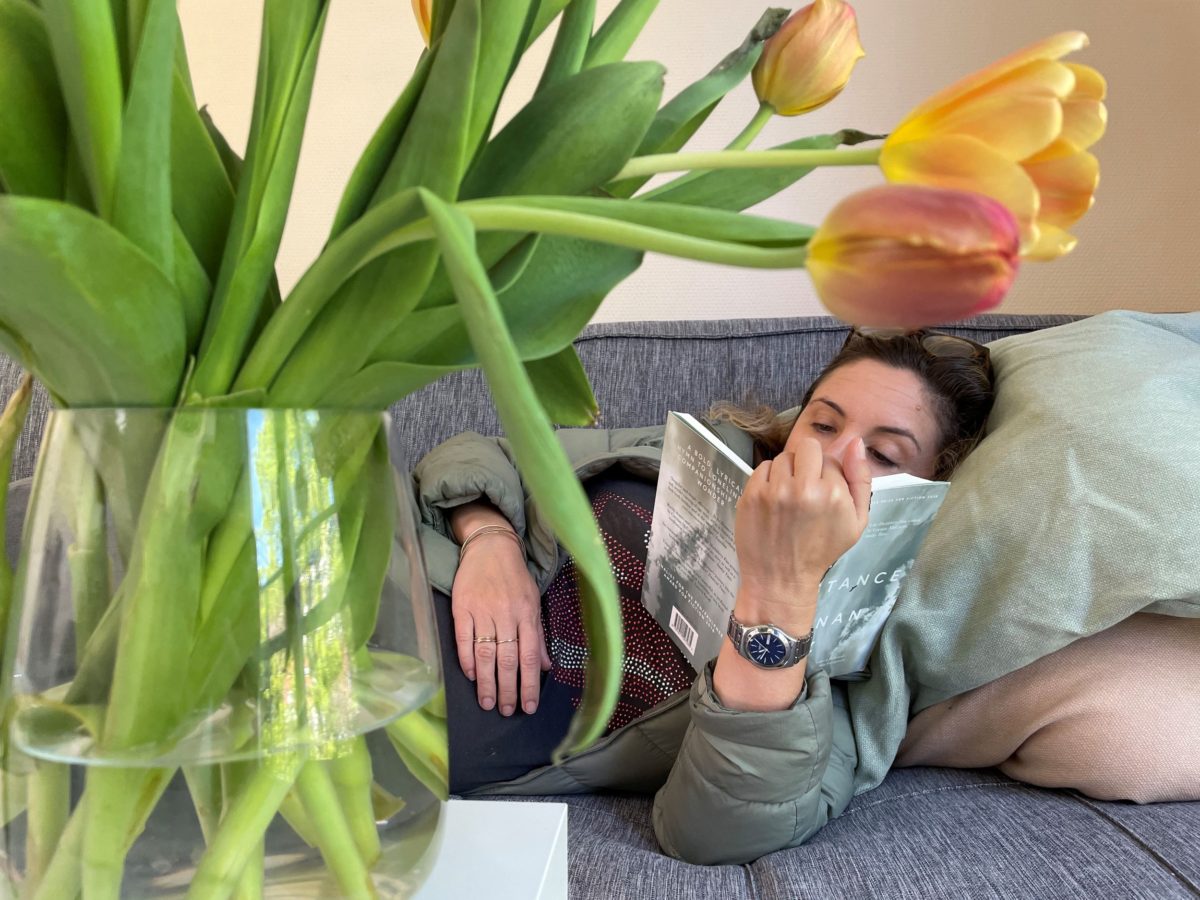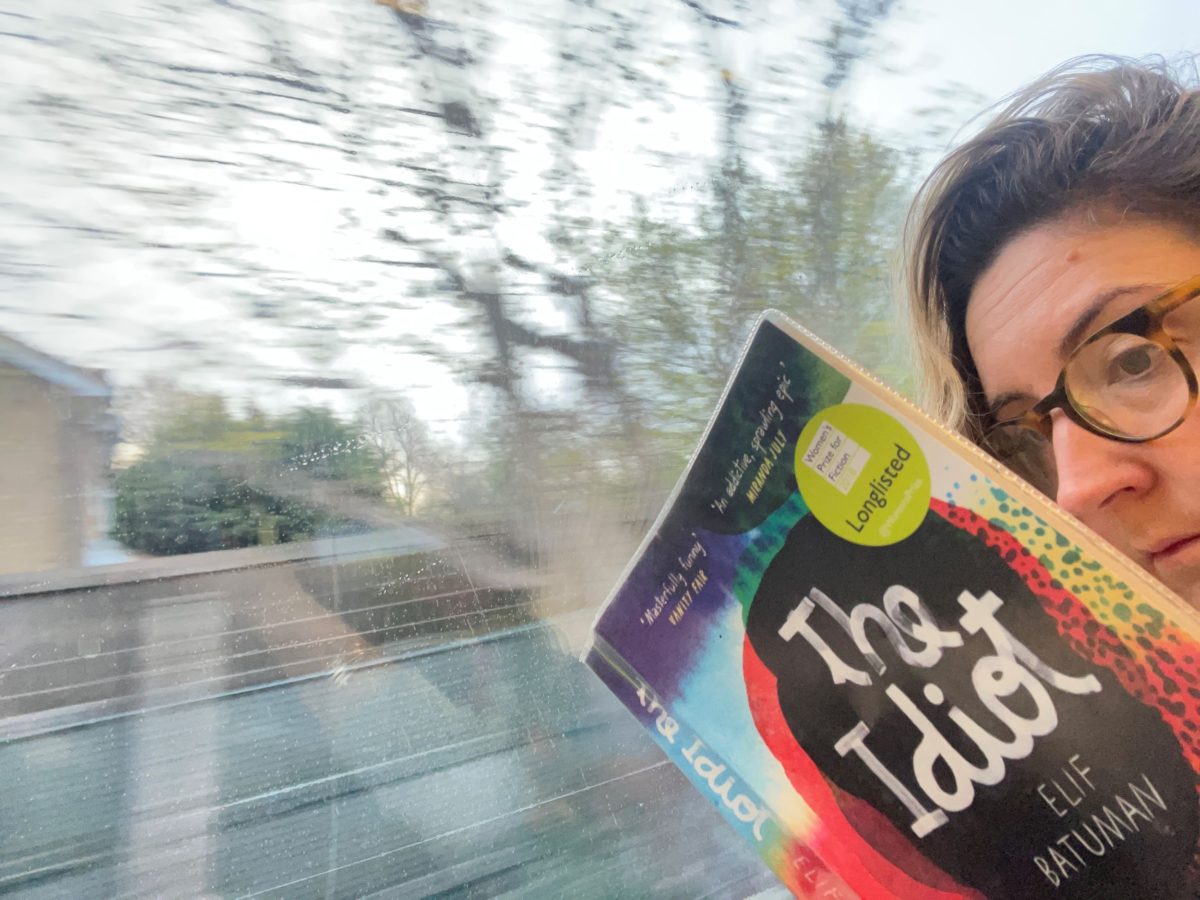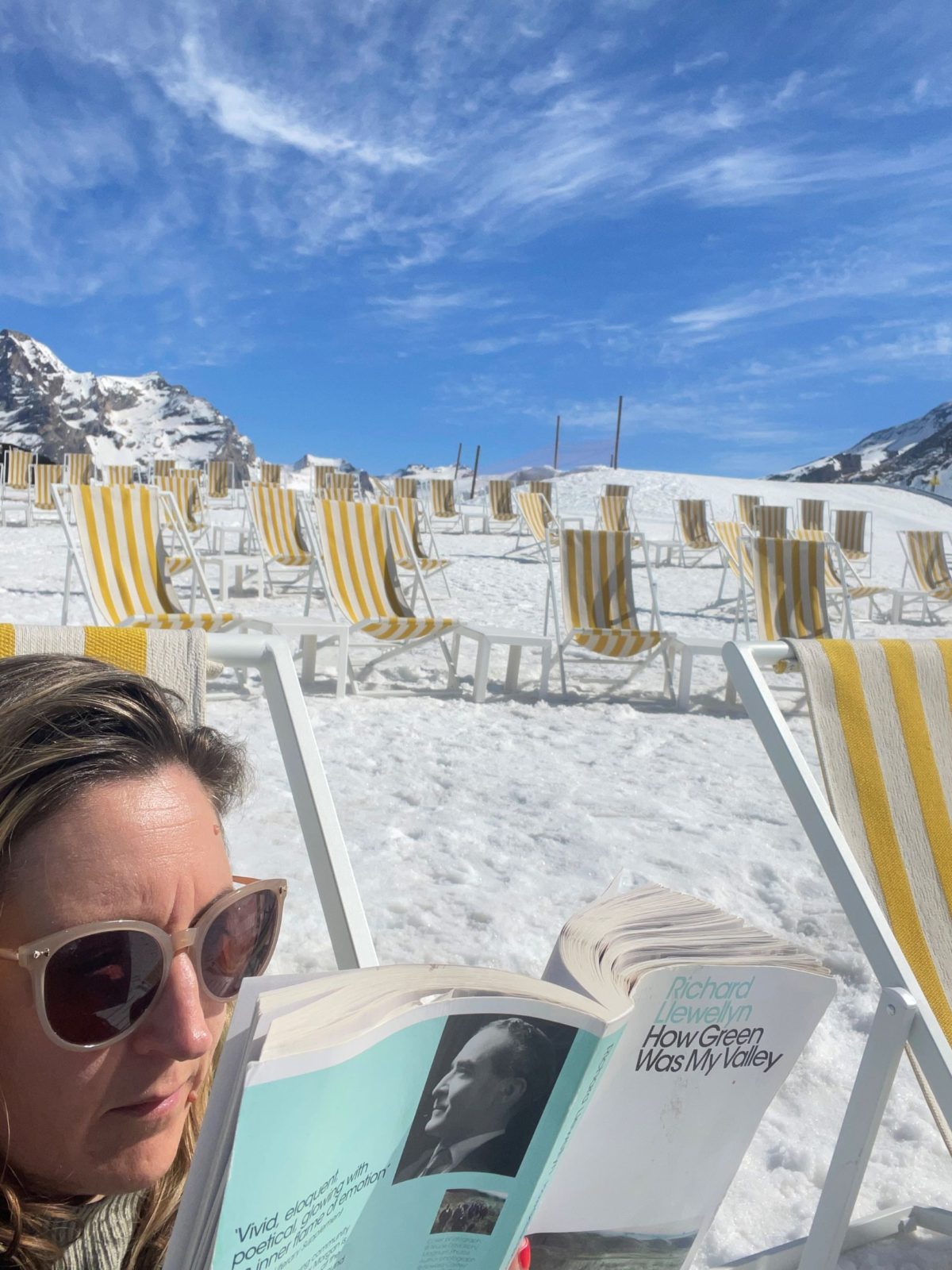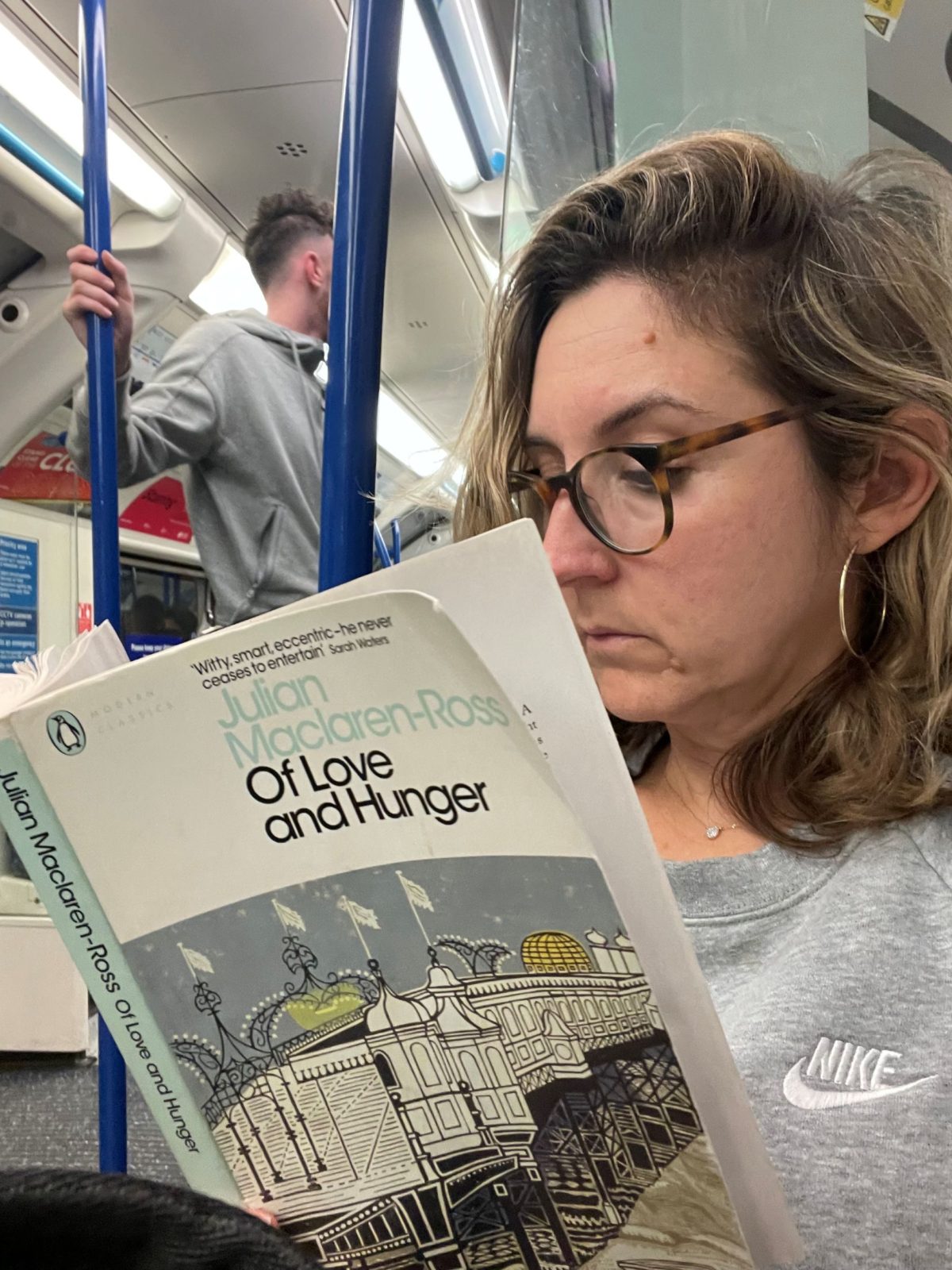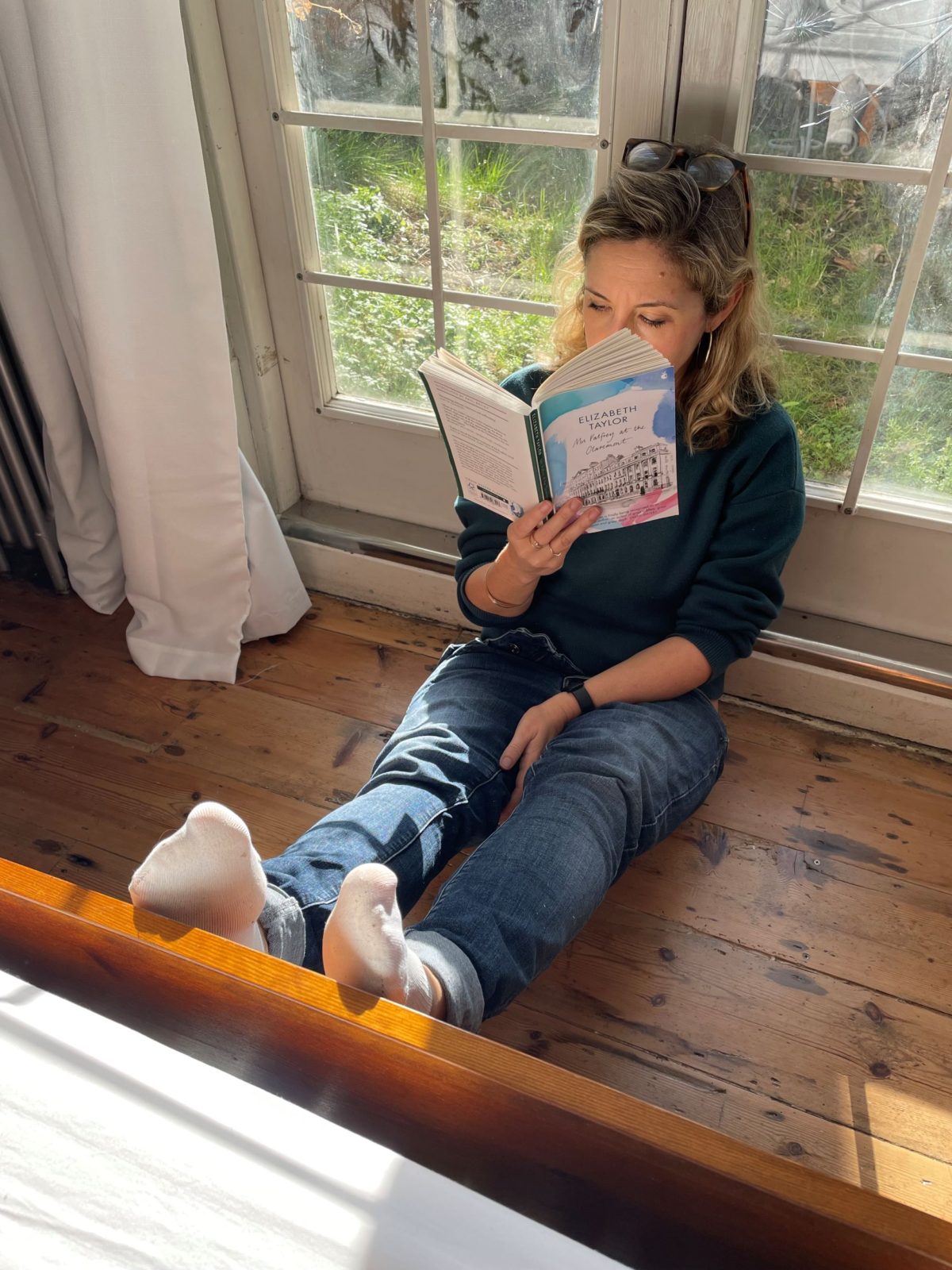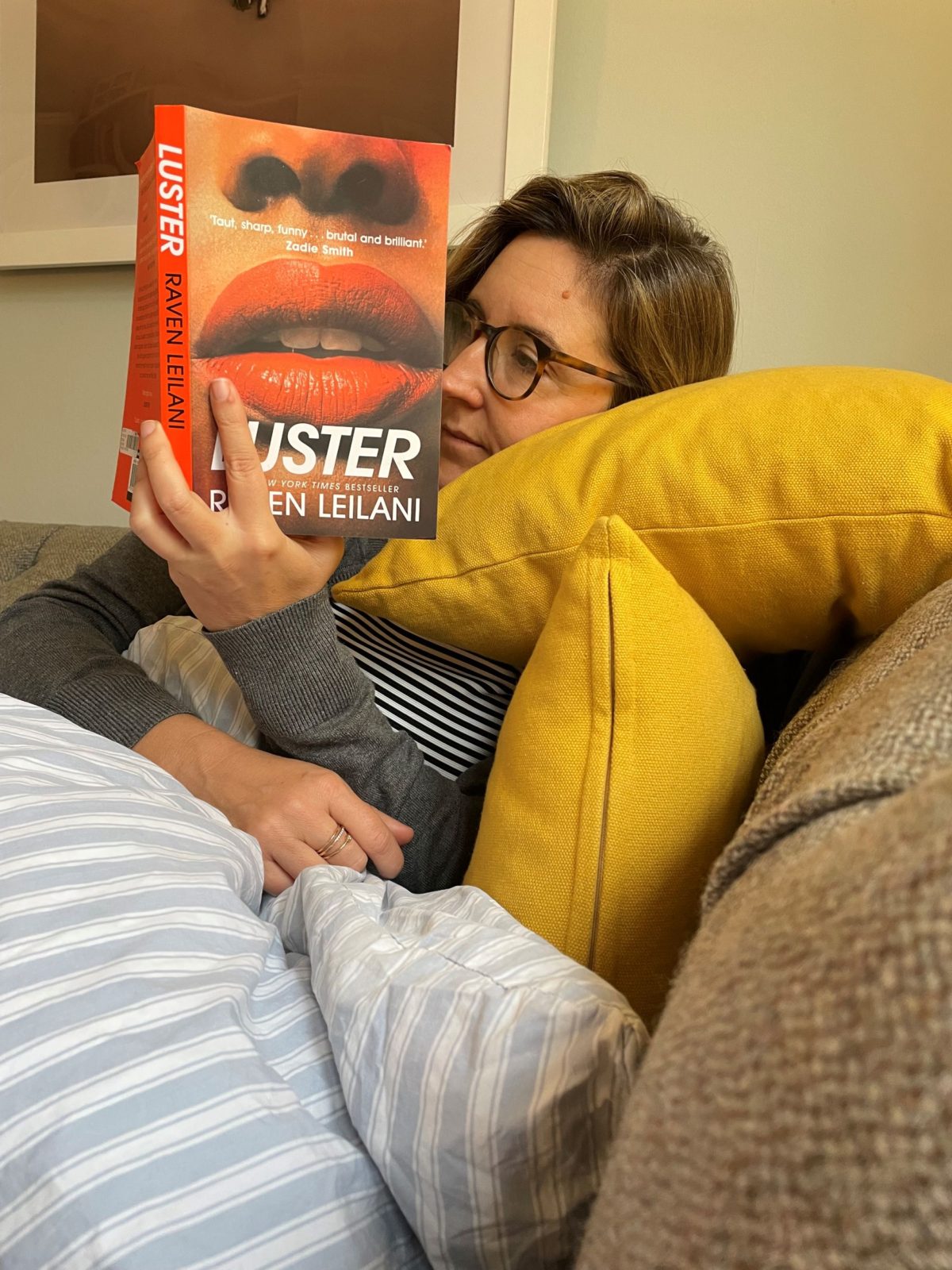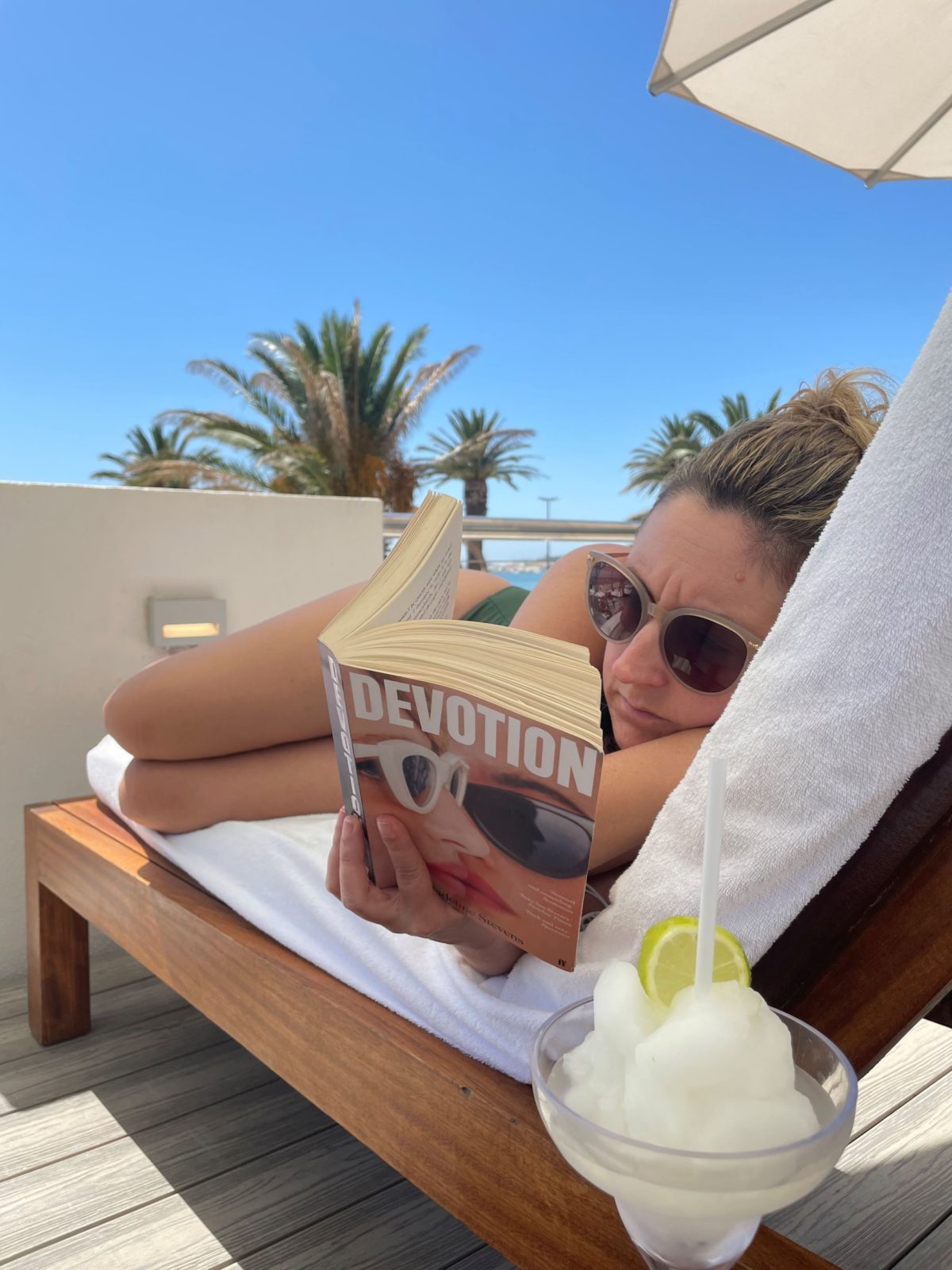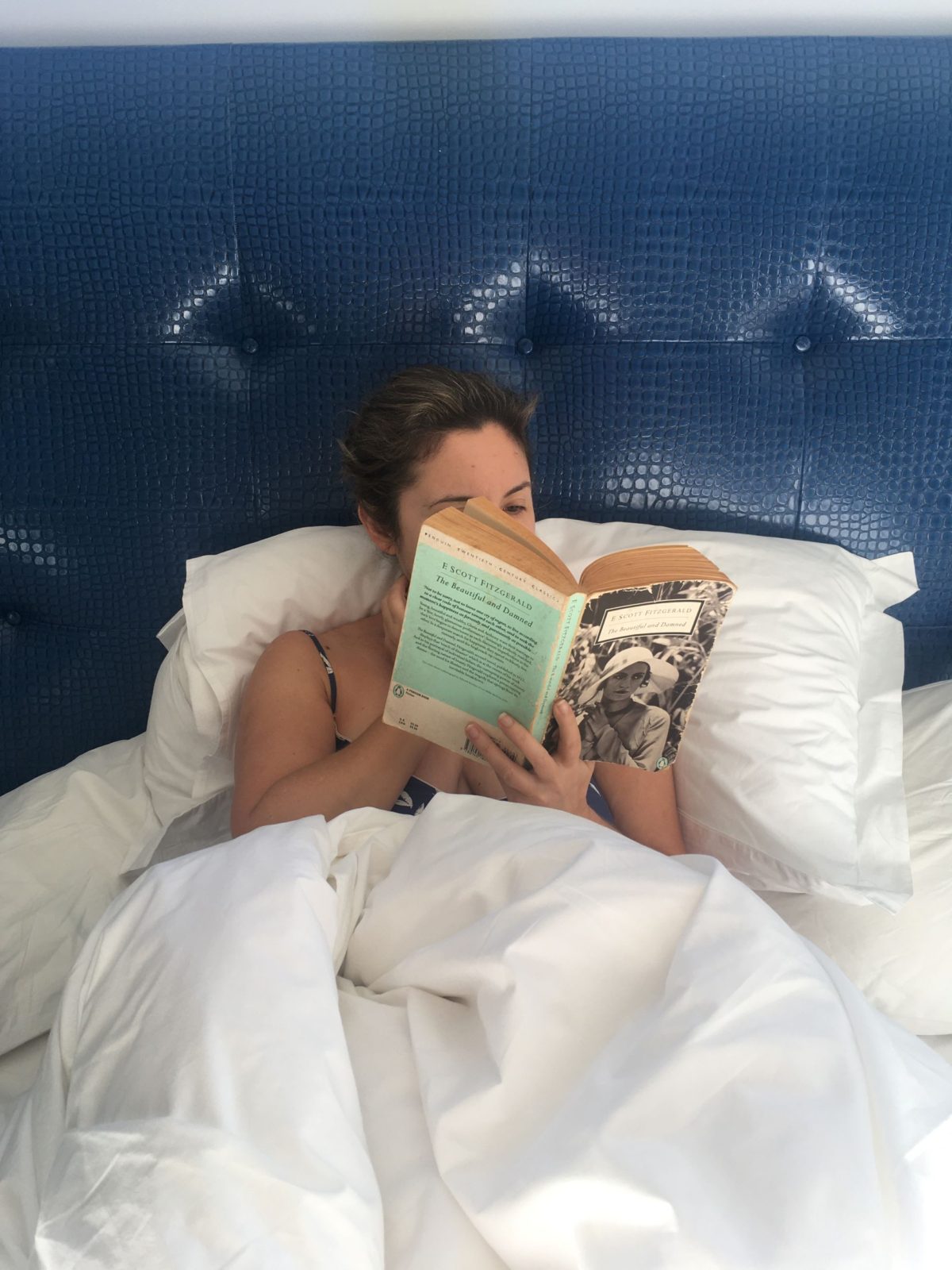In this book a man attempts to walk from San Francisco to New York. It does not go well. It is the nineteenth century, and he is a young Swedish guy called Hakan, who intended to go to New York with his brother to make their fortune. Unfortunately, he became separated from his brother on a city street (they had never seen a city before). He assumes they will meet on the boat they are supposed to take, and asks for the boat to ‘America.’ Sadly this is boat to the west, not the east coast.
On arrival he decides just to walk it, like you do when you miss the night bus. And so begins a bizarre odyssey. He first joins up with a deranged gold digger, and then is captured, held hostage, and raped by a toothless prostitute, and then when he escapes, meets a naturalist obsessed with finding the very first creature to come out of the primordial swamp, then we have a con man who may or may not be leading a caravan to their deaths, then we have got some kind of murderous cult, and I’m only about two-thirds of the way through but I will stop.
On the one hand, this sounds kind of unlikely. On the other hand, perhaps not so. You have to wonder who decides to do anything so insane as move to a foreign country with a one-way ticket. You would for sure get a much higher proportion of nut-jobs, and lets face it that proportion is not low even today. Hakan eventually gives up, and spends many years alone in the wilds, before eventually deciding to find a way to walk from Alaska back to Sweden. Clearly while he learnt a lot over the decades, his geography did not improve. I want to laugh, but really it was kind of a sad book. The part that I think about the most is not strangely all the crazy incidents once he got to America, but the very beginning, in Europe – that first mistake – losing his brother on a city street. Imagine a world without internet, and without much literacy, where you could – completely believably – lose someone like that, and then never, ever find them again.

